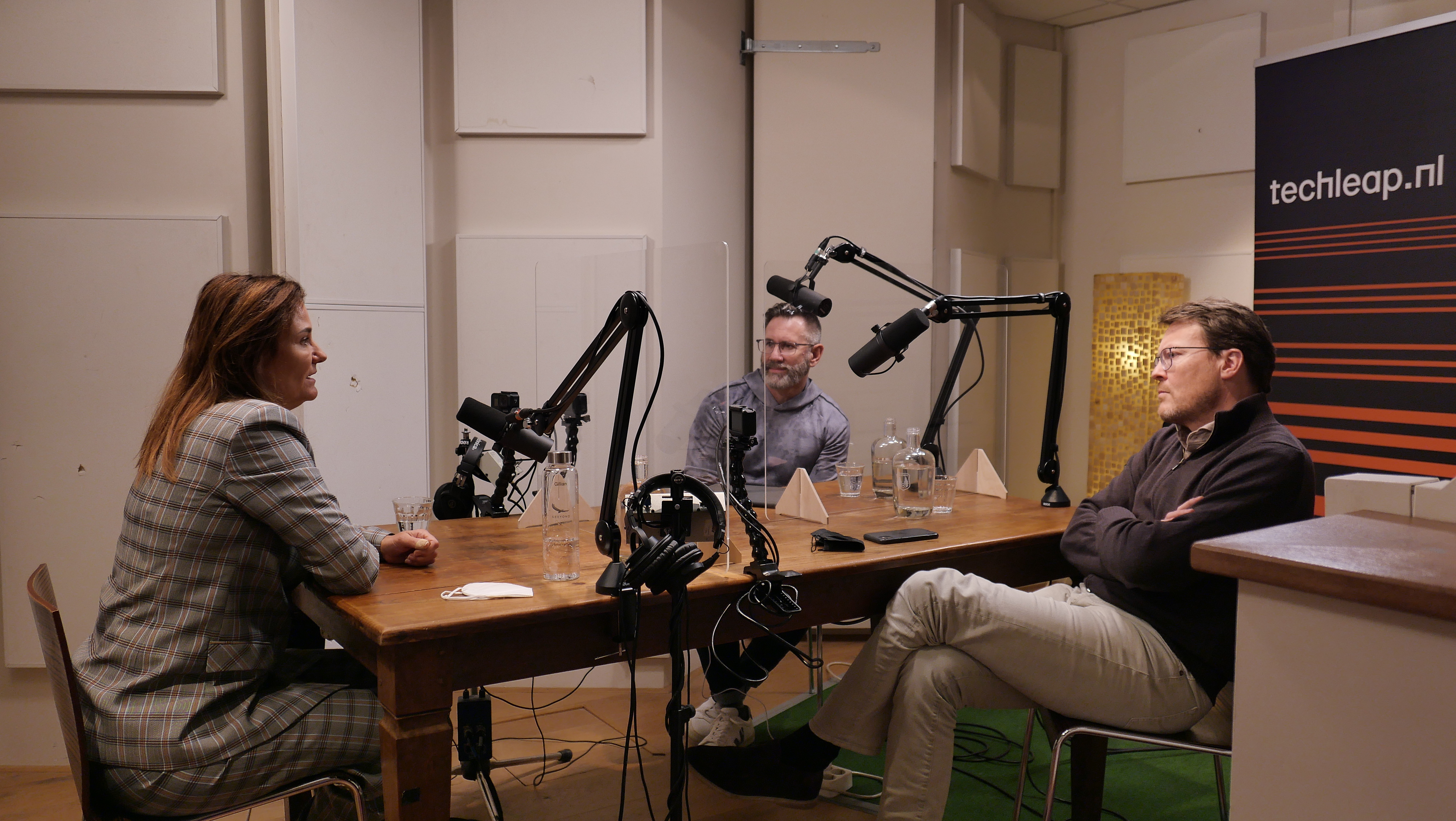
Ready for more insights? Listen to the full episode with Gillian now
The episode is available across all podcast platforms: Spotify, Apple Podcasts, Podchaser, etc.
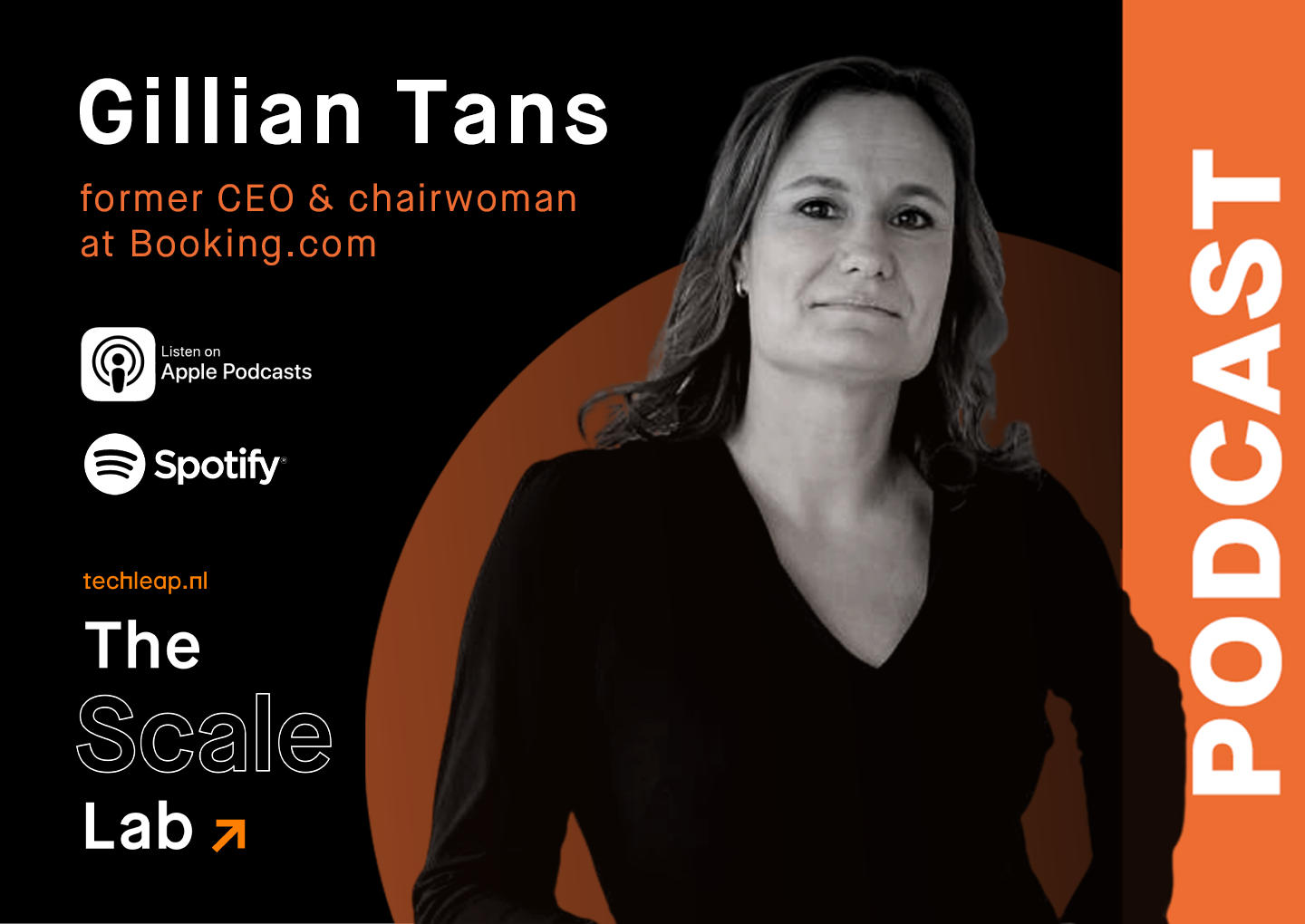
Gillian: If you really think about the beginnings of Booking.com, it was the period when we tried to find our product-market fit, the right model to scale, we looked at the kind of talent we needed, we were building the company culture. So you see that the company’s beginnings are all about forming the foundation, and phase two is more about scaling all of these processes across different markets.
Our team at Booking.com was paranoid about disruption. I think staying on top of all market developments is a healthy trait to have as a company.
In a way, it’s risky for your business to think that you’re doing a great job. At the same time, we tried to stay focused on our core goal: providing the best product for booking accommodation worldwide. We didn’t shift our attention to growing new verticals, since that would slow down our scaling efforts.
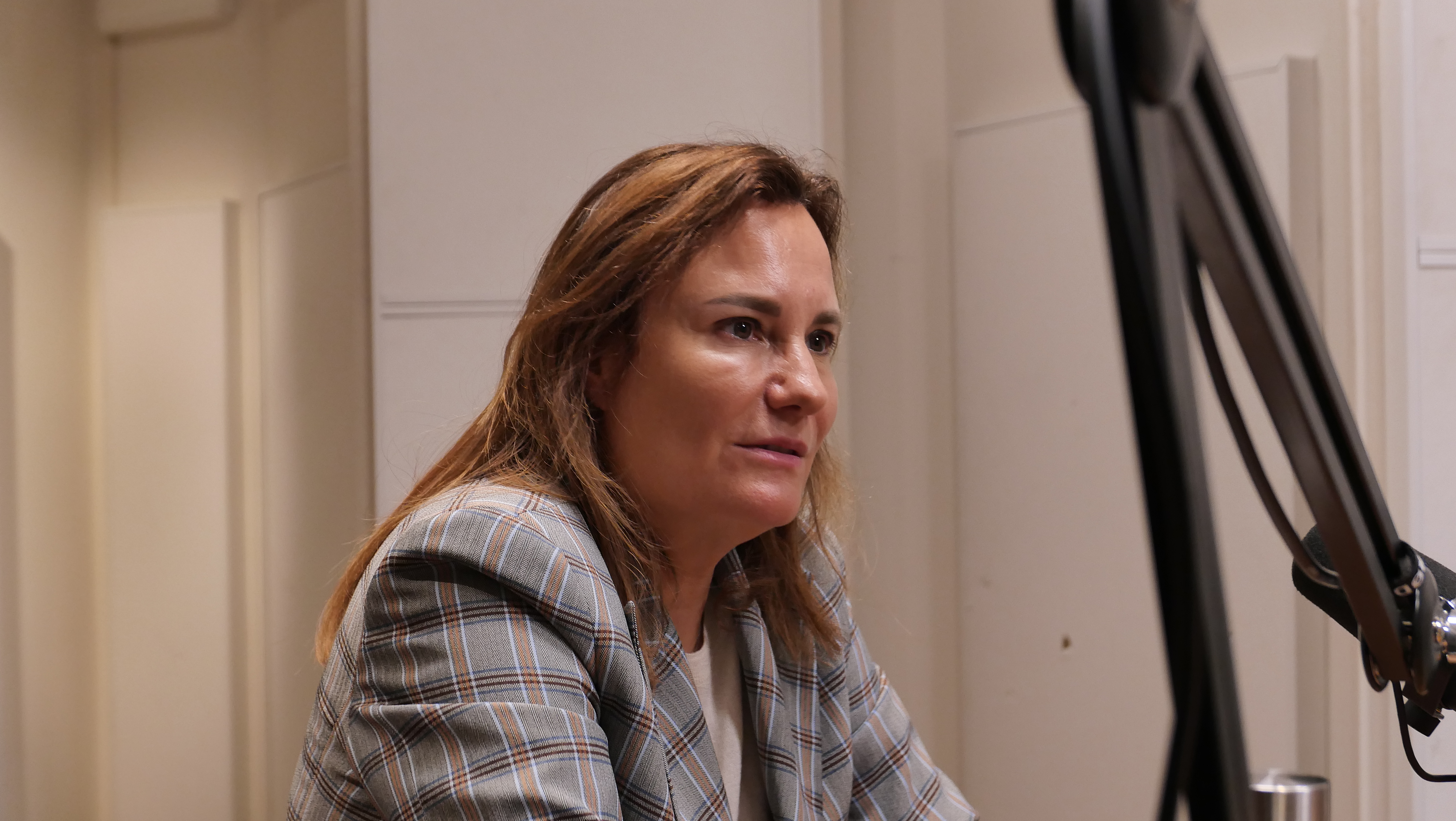
Gillian: First, you need to get to the right growth scale to be comfortable with diversifying your business. Once you establish a large network of clients, you will identify different friction elements that your customers experience when using your service. At Booking.com, we sent an email, as a test, to ask our customers whether they need any assistance with their stay. We got an enormous reaction from people, who have been looking for help to find transportation from airports, restaurant recommendations, etc.
We also decided to test the tourist attractions market by offering free passes for a weekend to all our customers travelling to Amsterdam. We were blown away by the huge lines at the museums, which made it clear to us that this market was a rather untapped one at that time since a lot of people were travelling without a clear plan in mind.
That said, you don’t always have to be a first mover in business. With Booking.com, we were careful when making decisions; we wanted to ensure that the move we were taking was a weighted one because every business pivot comes with spending lots of resources and manpower.
Gillian: For us, the focus was purely on customers. And if their needs were changing fast, then we had to react accordingly. We never focused that much on companies around us, but rather looked at what our customers want and need from our service.
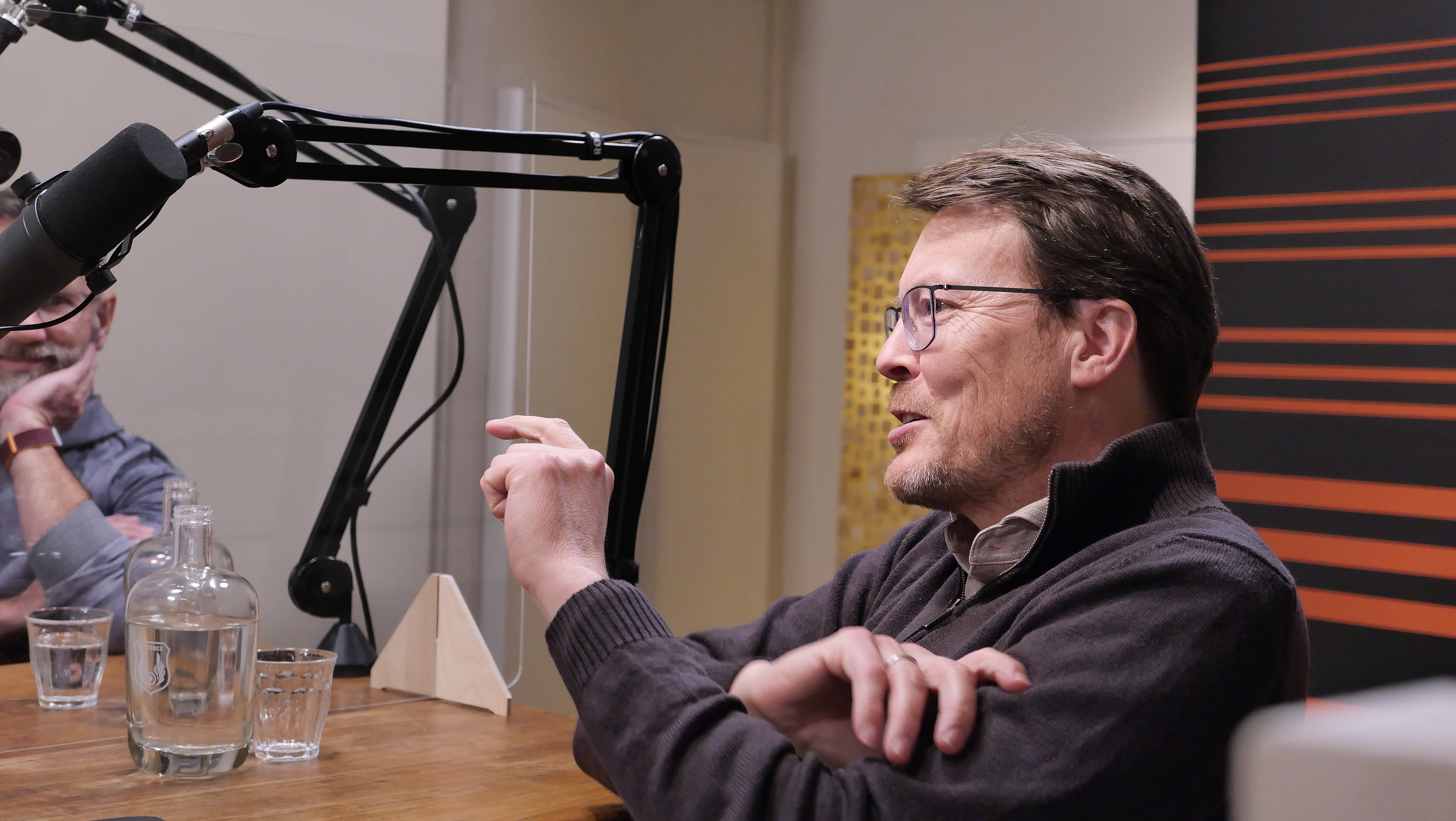
Gillian: I think an important thing to mention here is that you might have the best product on the market, but it’s ultimately about the kind of people you have in your team that determines your success. Even when you are in a ‘fast-scale mode’, you need to think three years ahead because, at the time you hire people, they need to be prepared and competent enough to reach the set growth goals. My lesson here is that as a founder, you have to always think years ahead when you scale.
Gillian: Have the right people from the very beginning of your journey as a company. It’s important that those people are also good hiring managers, who clearly understand the needs of their departments and the company at large. We made sure everyone in the company is aligned on Booking.com’s operational formula. Providing clarity to your employees as to why you are doing certain things that way is extremely important. They need to understand what is expected of them and what success looks like.
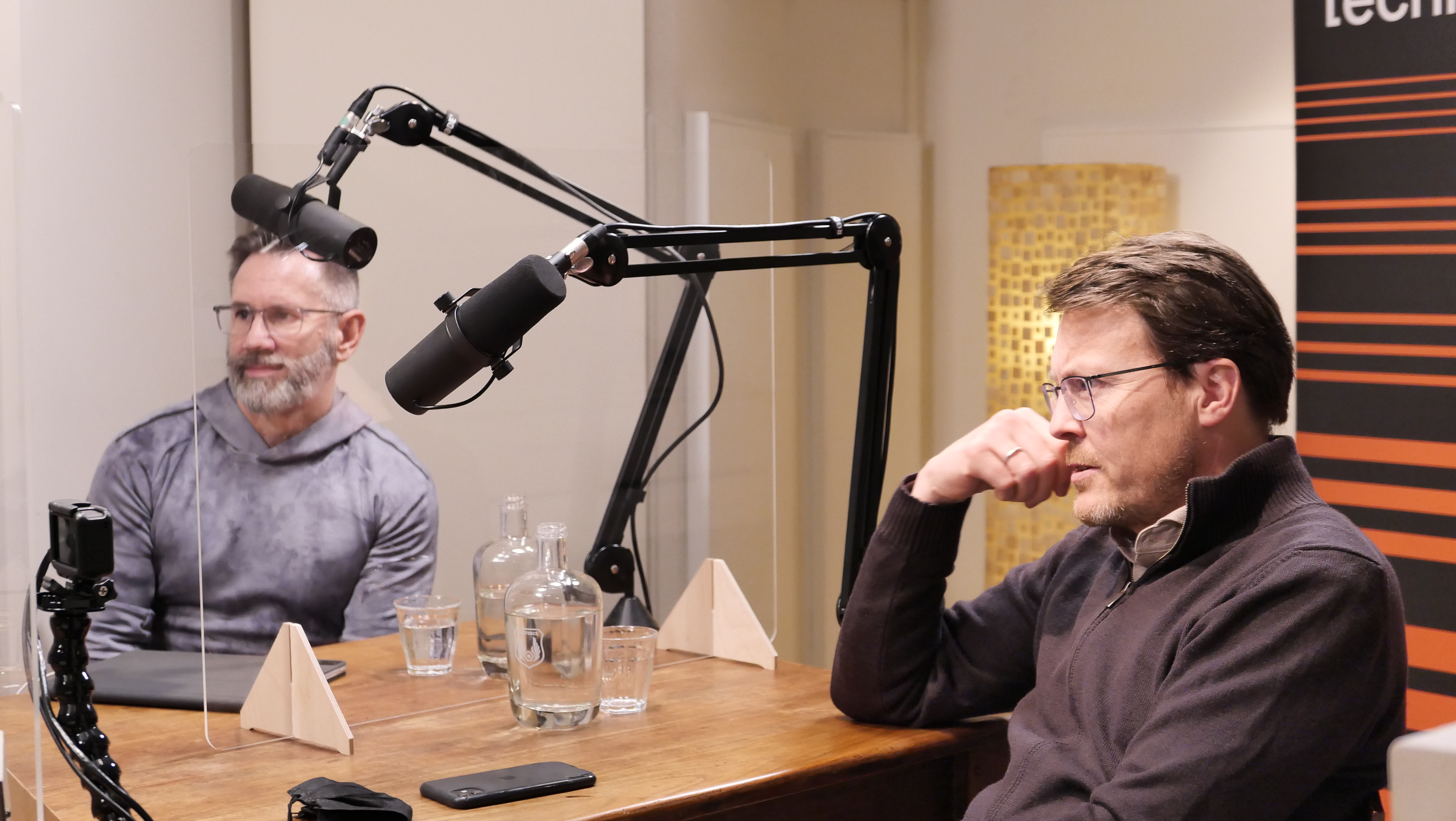
Gillian: No we didn’t plan for that. I believe that you shouldn’t wait too long to go international. The learnings are so important and every market is different. Think about how your product is going to scale; with Booking.com we thought about different languages, currencies. We followed our demand when it came to internationalising, it was a very data-driven scaling process.
Gillian: I always found it very important that your workforce reflects well your international customer base. If you want to expand abroad, you need to make sure you hire people who know the market and the culture well.
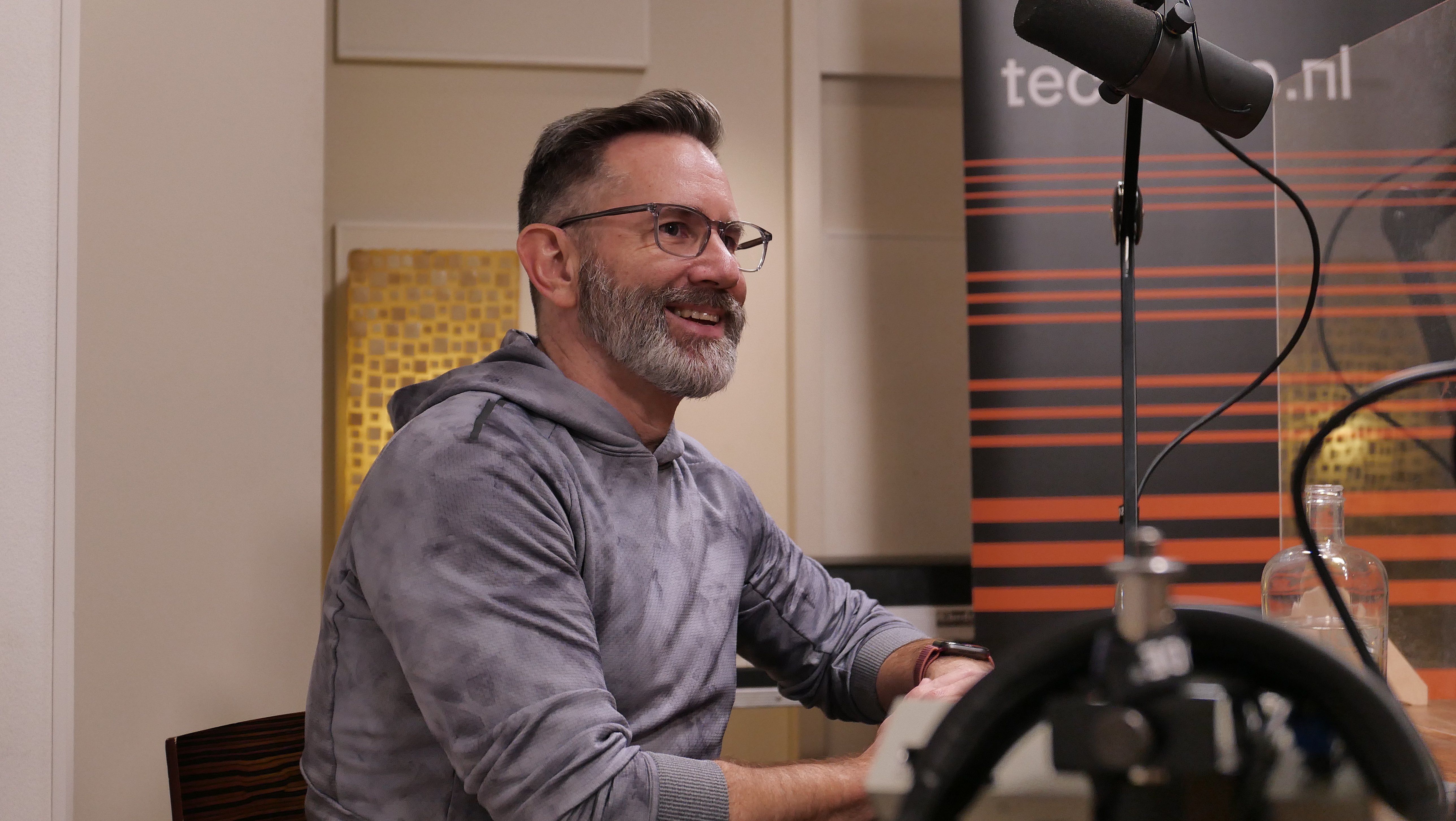
Gillian: I would tell founders to be careful to not oversell themselves in a way that would build excessive expectations from investors. Also, they should be deliberate when building connections. Having a strong network of fellow entrepreneurs, VCs, etc., ready to help you out when scaling the company is crucial. Not everything is about capital.

The episode is available across all podcast platforms: Spotify, Apple Podcasts, Podchaser, etc.
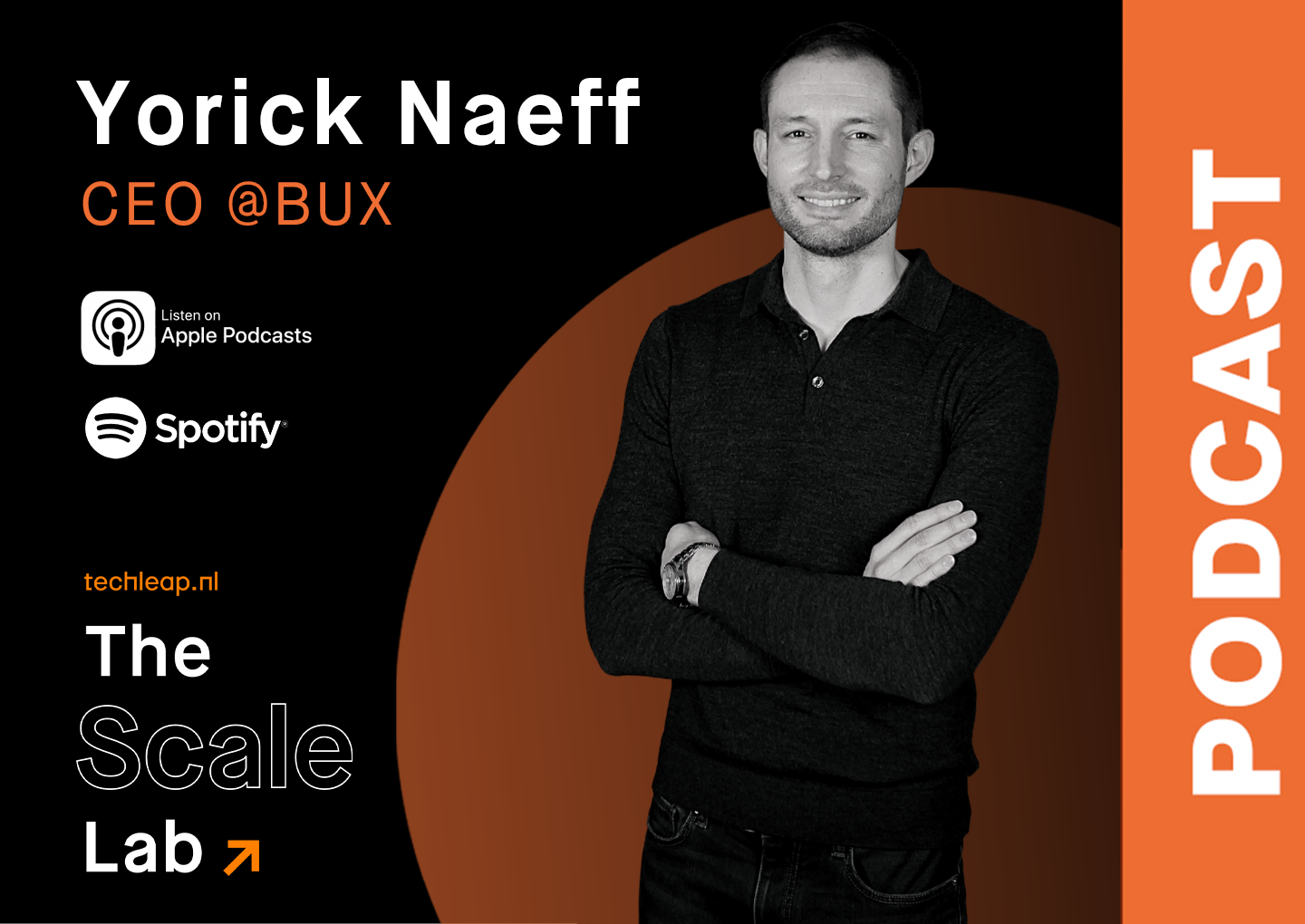
In this episode of The Scale Lab, we unravel the entrepreneurial story of Yorick Naeff, CEO at BUX. Read our blog where we highlight the key takeaways: how owning every single critical part in the value chain will give you that competitive edge, why it's the investors' job to keep pushing the management team & why Yorick thinks Dutch entrepreneurs are not aggressive enough.
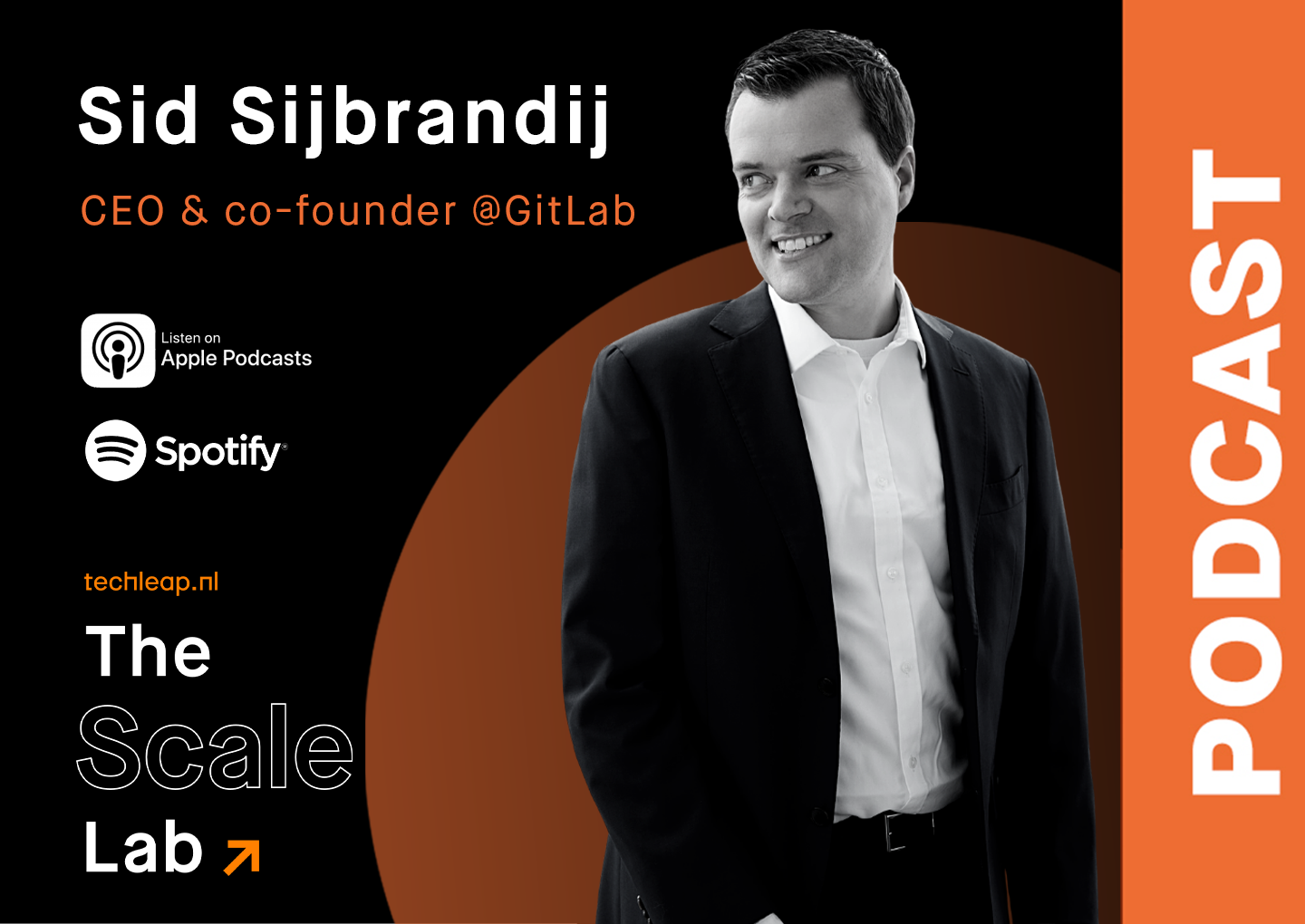
In the first episode of season #2 of The Scale Lab, our hosts - Constantijn and Joe - welcome Sid Sijbrandij, CEO and co-founder of GitLab, at the studio. Some highlights of the discussion: Sid shares his entrepreneurial journey from being a submarine engineer to becoming the CEO & co-founder of GitLab; he discusses the importance of strong company values in a remote work environment, and how transparency plays a crucial role in GitLab's competitiveness.

Season #1 of the Scale Lab featured 12 top founders with extremely inspiring stories and lots of crucial learnings that we’re excited to have shared with our audience. Our hosts Constantijn & Joe have reflected on their 2021 podcast learnings by looking back at their conversations with the scale icons from season #1.